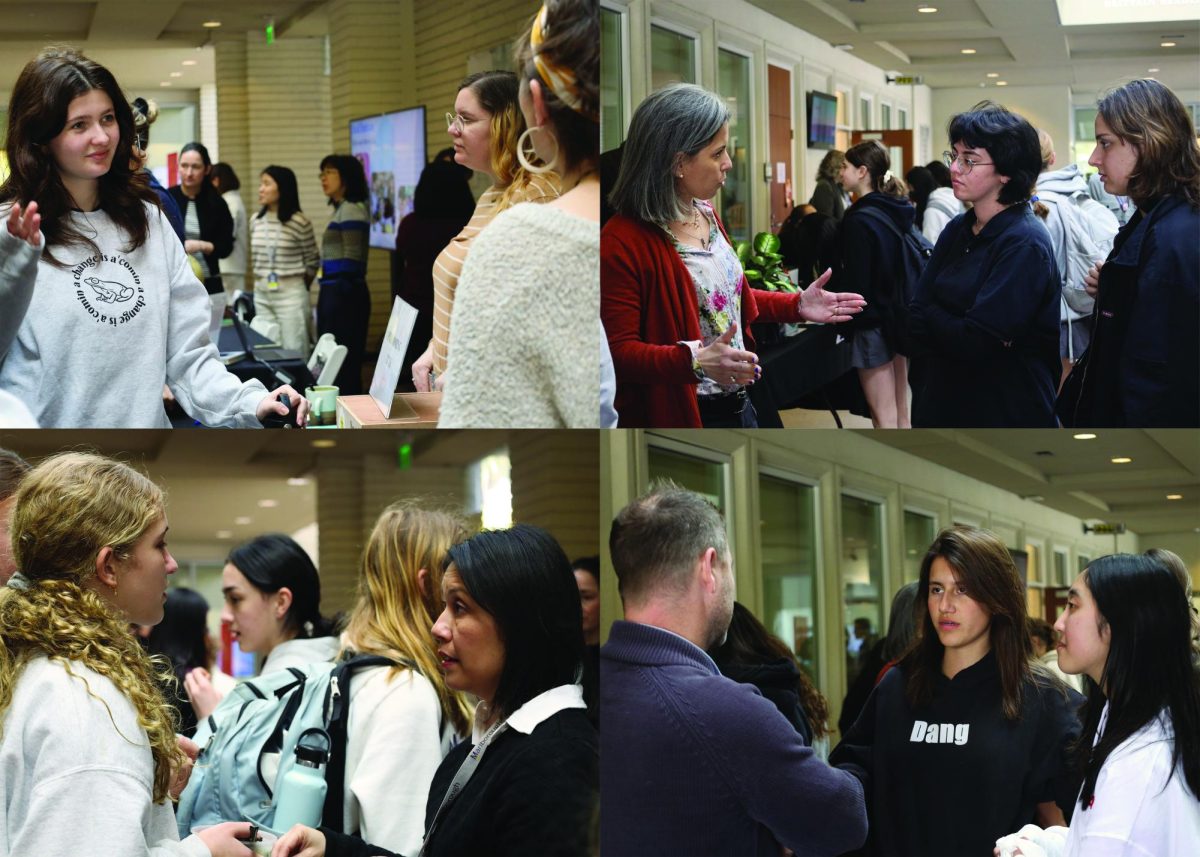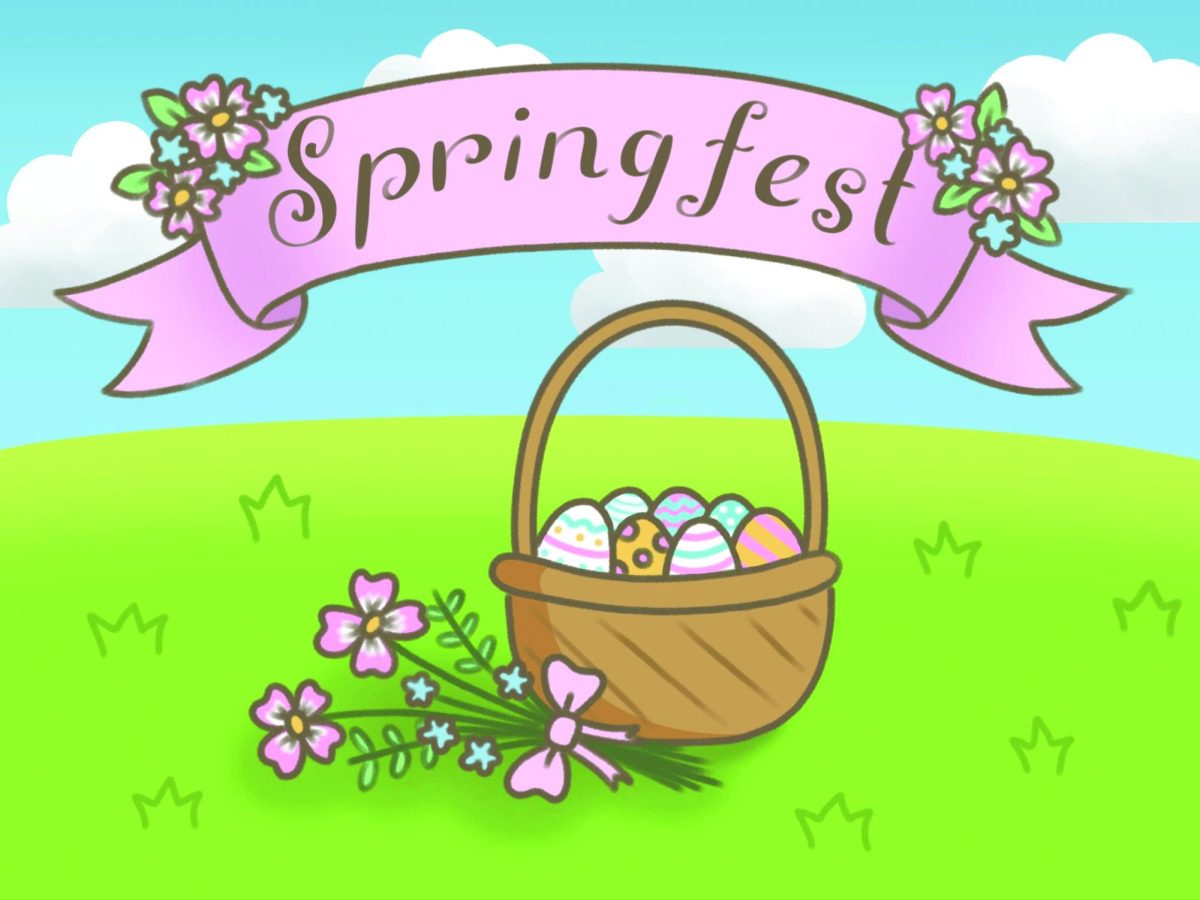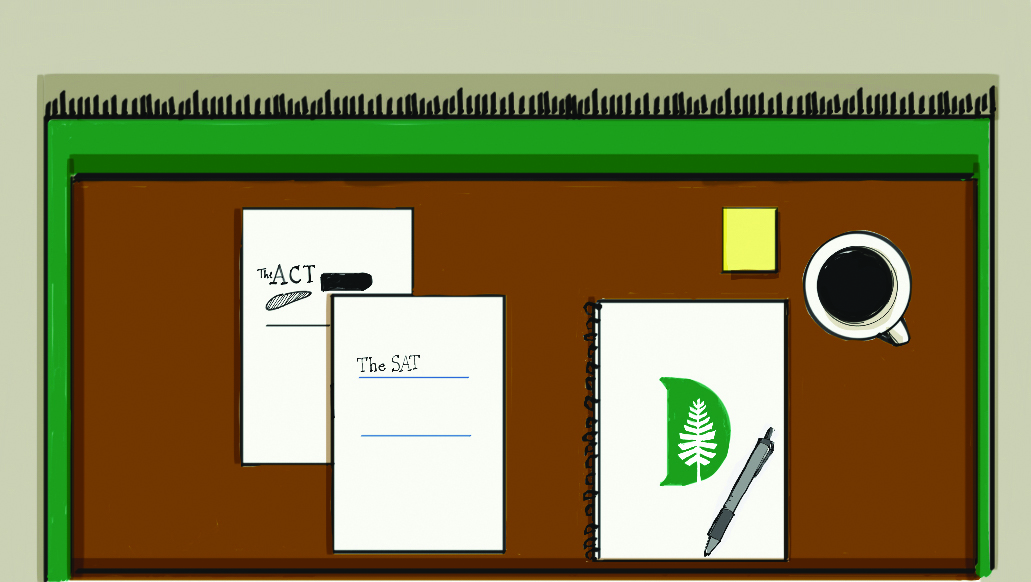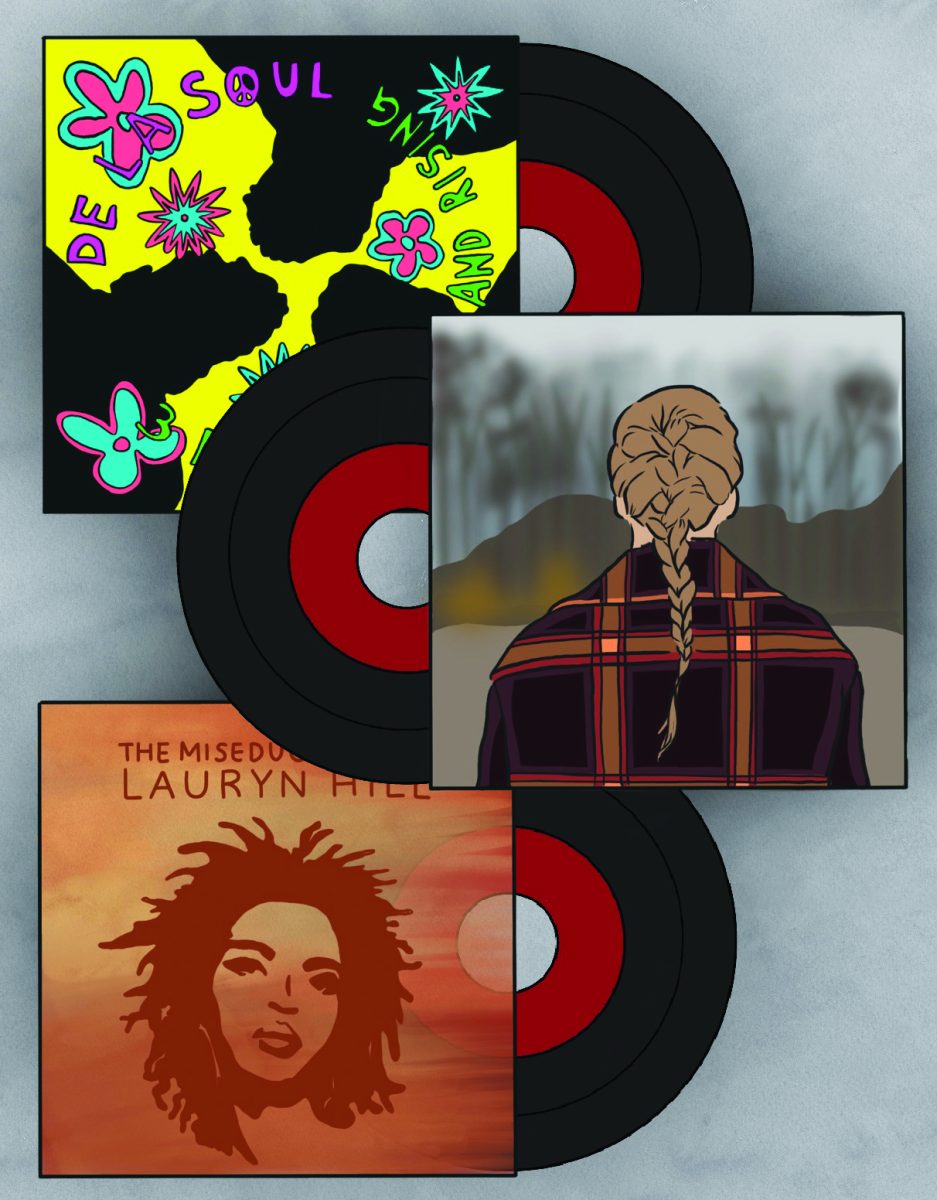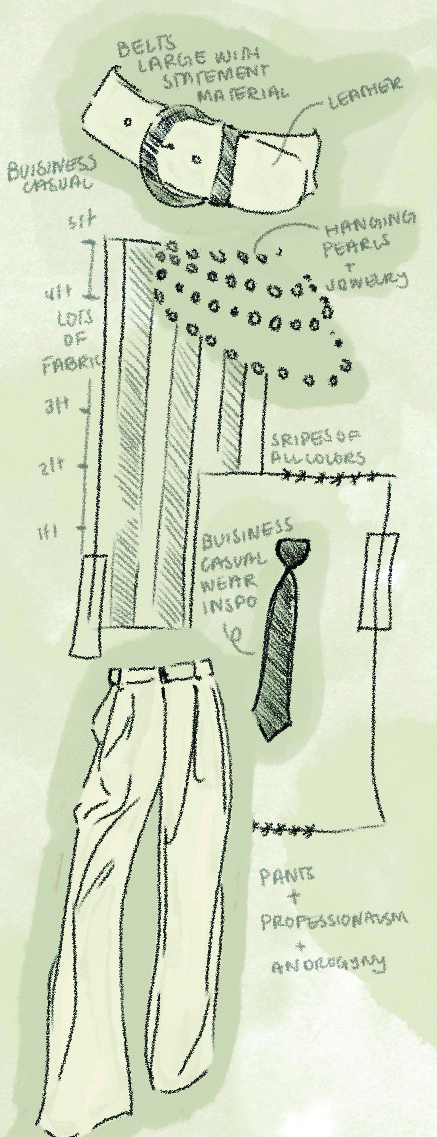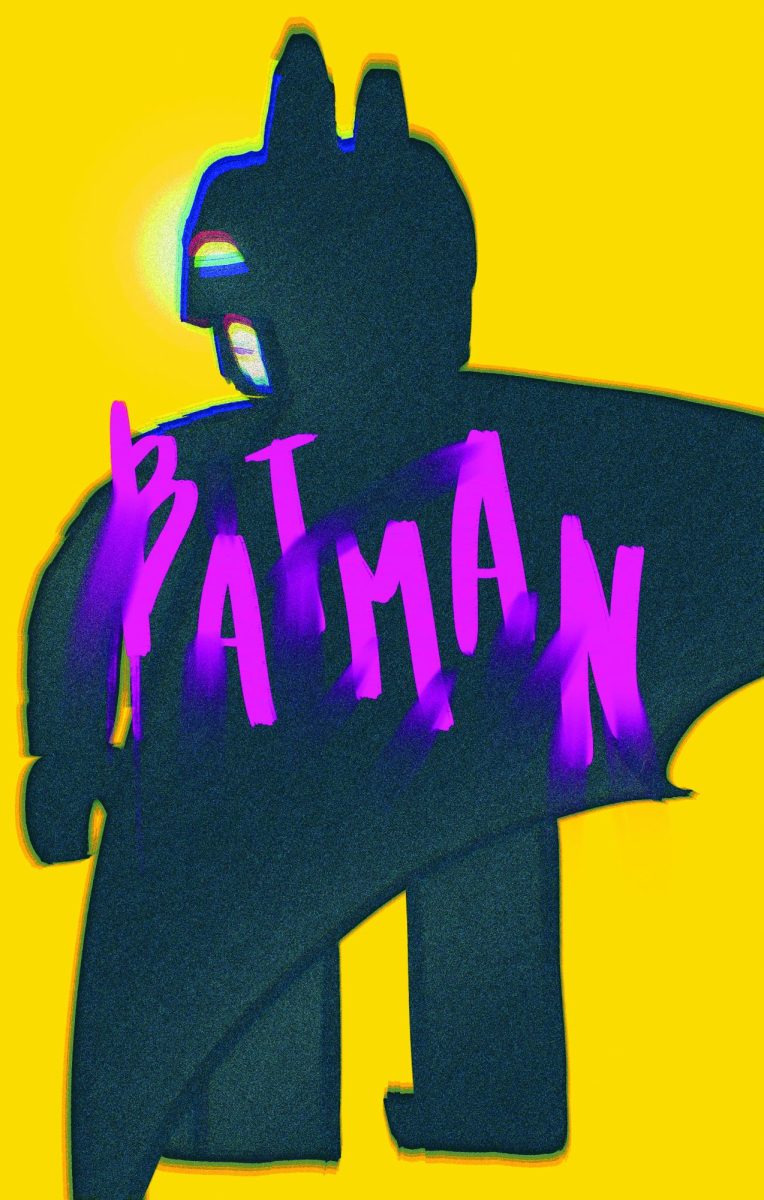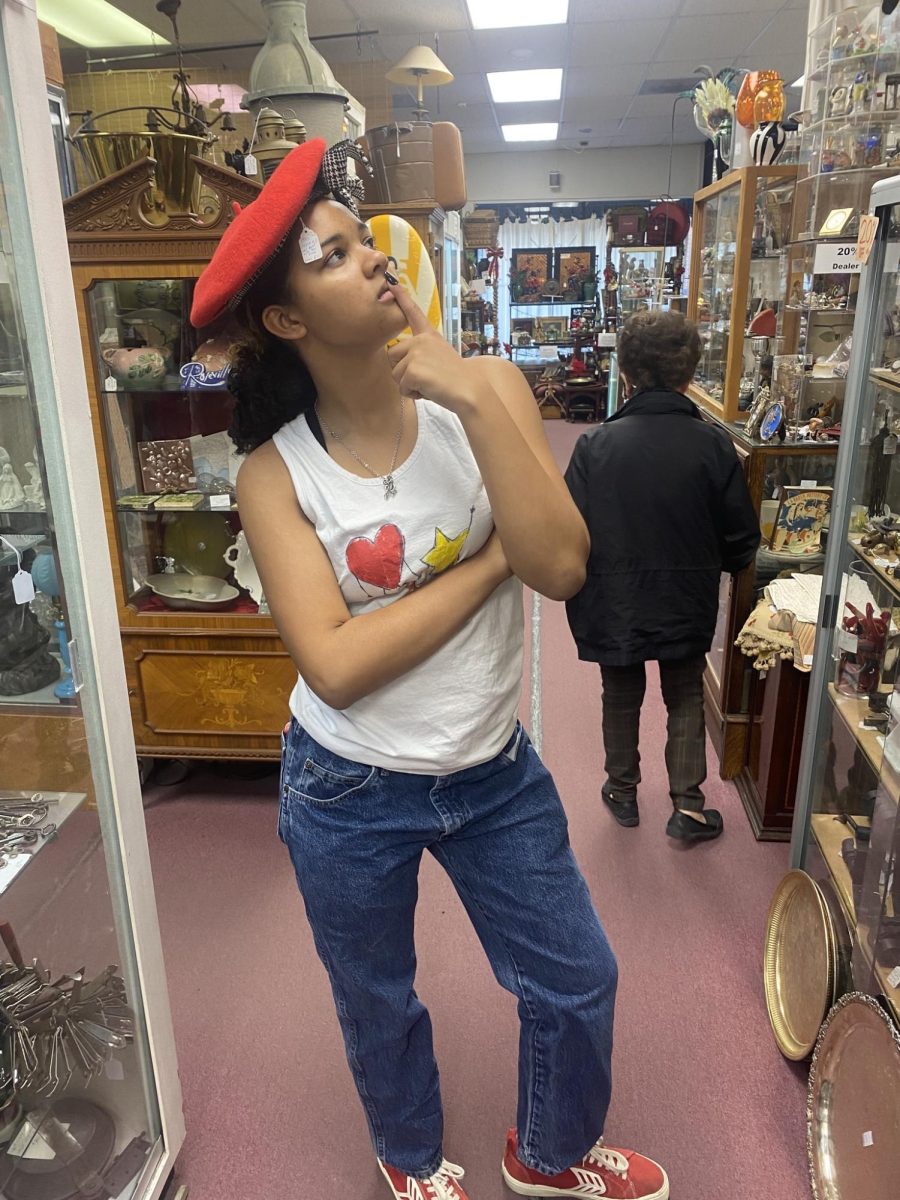
Hundreds of thousands of protesters have filled the streets of Kiev, Ukraine since Nov. 21, when President Viktor Yanukovych announced his refusal to sign a trade agreement with the European Union (EU) and instead decided to accept a bailout from neighboring Russia. This dramatic turnaround reversed Eastern Europe’s slide towards Westernization through inclusion in the EU and represents Russian President Vladimir Putin’s most dramatic attempt yet to engineer the rise of a Russian hegemony. The tensions have escalated in the past months, with the introduction of harsh new anti-protest laws on Jan. 16 and a death toll estimated at 75 as of Feb. 20, the result of multiple clashes between police and armed protesters. In response, the United States has announced its decision to suspend issuing visas to Ukrainians suspected of involvement and has, along with the EU, criticized the Ukrainian government for dishonoring its previous de facto agreement with the EU as well as the Russian government for their roles in pressuring the deal. Although the West has publicly recognized Russia’s part in sparking this conflict, they have thus far been unwilling to oppose Russia’s growing hegemony in Eastern Europe by staking an equally strong claim in the future of Ukraine.
Ukraine, a former part of the Soviet bloc that achieved independence in 1991, has long been a political battleground between the East and the West. Despite the harsh treatment it suffered under Soviet occupation, the country maintains close economic ties to Russia, chiefly because of its acute dependence on Russian gas. In the face of Russia’s threat to impose sanctions on the already fragile Ukrainian economy, and its known willingness to cut off gas supplies during the country’s brutal winters, Yanukovych most likely felt he had little choice but to sign an agreement in which Russia bought 15% of Ukraine’s national debt and dramatically slashed gas prices. But in doing so, the president not only alienated the leadership of the EU and U.S., who cited Ukraine’s progress towards democracy and prosperity as proof of their ability to successfully promote development in what was formerly the USSR; he also, and perhaps more dangerously, incurred the wrath of his own people, who saw the all but guaranteed deal with the EU as a way out of the morass of government corruption, instability and economic failure that have dogged the country since its independence.
On Feb. 20, the opposition announced that they had reached a limited compromise with Yanukovych whose terms included the release of approximately one hundred political prisoners jailed over the course of the protest. However, Yanukovych refused to step down or to set a date for new elections. The compromise held unintended consequences for the then-president; within hours, police and military had vacated the streets, leaving the hated figure unprotected. Two days later, Parliament, now led by Speaker Oleksander Turchynov, a close ally of the recently released political prisoner and former president Yulia Tymoshenko, found the president unfit to carry out his duties and set elections for May 25. Yanukovych fled the capital, reportedly for the heavily pro-Russian South, claiming he had been the victim of an illegitimate coup. Though Tymoshenko, who rose to power as a result of the country’s 2004 pro-western Orange Revolution, is expected to announce her candidacy, she does not enjoy unanimous support. Her reclamation of power could pose a challenge to Putin’s plans to bring Ukraine within Russia’s power, yet her political career has been marred by charges of corruption, self-enrichment and squabbles with her own party.
The symbolic value of Yanukovych’s decision must not be underestimated; nor should participants ignore the key geopolitical issues underlying what has been couched as a chiefly economic debate. The controversy erupting over the future of Ukraine closely parallels the Cold War-era power struggle between the U.S. and USSR, each party fighting to sway the other to its ideological model and thereby increase its prominence on the world stage. The issues in question have now become economic rather than purely political, allowing Putin to more subtly affect policy by making it contingent upon economic negotiations, rather than making direct demands. The U.S. and EU must therefore respond in a similar fashion to reduce the risk of direct confrontations between the West and Russia, acting through economic means but recognizing the problem as one of status and power.

